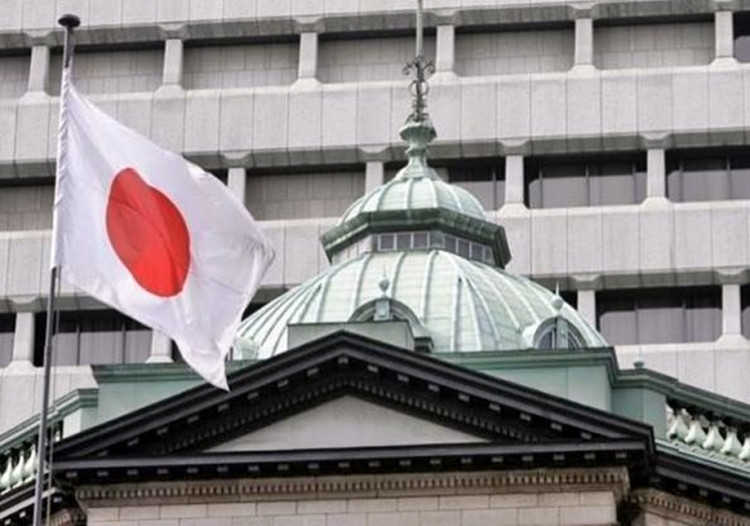On December 27, the Bank of Japan disclosed its government bond purchase plan for the first quarter of the next year, announcing a reduction in the scale of its bond purchases and the frequency of its long-term government bond purchase operations.
The Bank plans to buy between 400 billion to 900 billion yen in 5-year and 10-year government bonds during each operation in the coming quarter, a decrease from the previous quarter's range of 450 billion to 900 billion yen. The Bank has also reduced the purchase volume of other maturities.
Analysts believe the yield on Japan's 10-year government bonds has retreated from its November peak to 0.60%, nearing the lowest level since July. This eases the Bank of Japan's bond-buying pressure and could potentially pave the way for a shift towards normalization of its monetary policy.
At its last interest rate meeting for the year on December 18-19, the Bank of Japan maintained its ultra-loose policy unchanged and did not alter its dovish guidance, promising additional monetary easing measures when necessary.
However, the summary of opinions from the December meeting reveals differing views within the Bank. Some officials believe that as Japan's inflation continues to exceed the Bank's target, and the economy is moving in the right direction, there should be more in-depth discussions about exiting the ultra-loose monetary policy in the future.
While the Bank's board members agreed to maintain large-scale stimulus measures temporarily, opinions among the nine members have diverged. Some express caution about exiting the negative interest rate policy, while others believe it's necessary to start preparing for the normalization of monetary policy.
Following the announcement, the U.S. dollar fell about 20 points against the yen in a short period.
Is a policy shift imminent for the Bank of Japan? Governor Kazuo Ueda said on Monday that if the likelihood of achieving a 2% inflation target "continues to rise," the Bank would consider exiting the negative interest rate policy:
"If the virtuous cycle between wages and prices further strengthens and the likelihood of achieving the price target in a sustainable and stable manner increases, we might consider changing the policy."
Ueda's statement represents the clearest sign yet of the possibility of ending the ultra-loose monetary policy.
Former Bank of Japan board member Masai Takako suggested in an interview that Ueda must change his communication style, which could lead markets to mistakenly believe that Japan is about to exit its ultra-loose monetary policy.
Having been in office for less than a year, Ueda's comments on policy prospects have twice caught the market by surprise. One such instance was on December 7, when he detailed the measures the Bank of Japan might take after ending the negative interest rate policy, leading to market speculation that it might end as early as December. However, the Bank did not change its existing policy and guidance this month.






